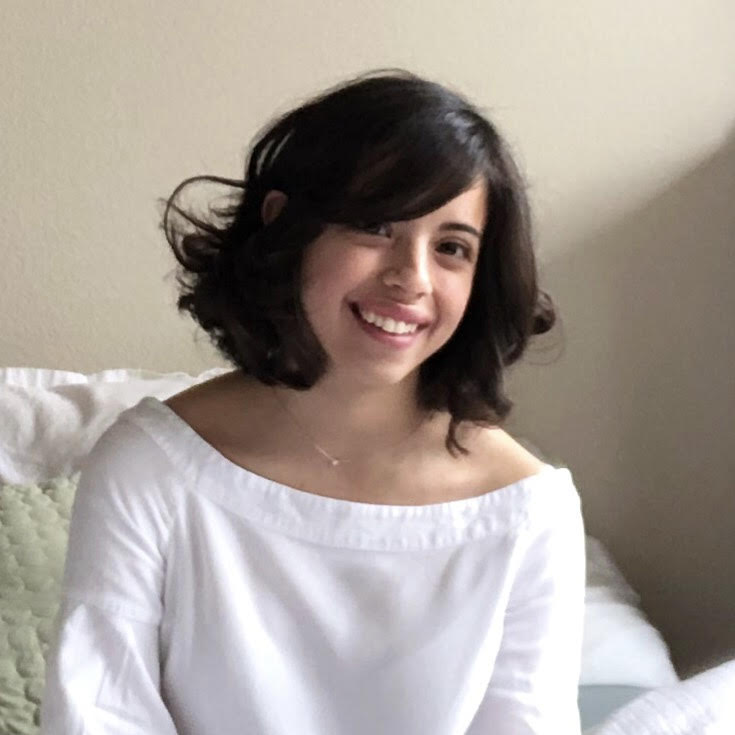Instead of figuring out what you’d like best, you chose what you’d do out of a burgundy encyclopedia. Your father told you—and you’ll never forget this—that you can become a genius just by reading every single one. He’d read an article about a child your age who’d done just that. Who was now a certifiable genius. And that child was thought to have been slow, he added, which you translated to mean, just think what you can be!
You tried to read every single book in the set. You thought to start from the beginning, but then tried to mix it up when you started falling asleep on the columned print. You stood on the page about cursive the longest. You loved the loops, the neatness; you were so entranced by the letters that you took a blue pen to the light brown paper and traced them. You showed your parents out of guilt, but they didn’t mind. They complimented your ability to stay in the lines. That day you wrote your first story and you wrote it in cursive.
When you started school, you were eager to love it. But a jungle gym, lines of kids, all bigger than you—these weren’t things explained in the encyclopedia. There’s a photo of you at the end of the line. Your mother uses it to show people how tiny you were. In the photo, you’re in disbelief at being left alone with these kids, these teachers, these strangers. Hadn’t you been taught all of your life up to this point that strangers were bad?
You’d introduced yourself to someone once and you’d told them your full name, address and phone number. You told them precious information you’d memorized alongside your parents, who were so proud at how quickly you’d memorized it. All of those games of cards, of Memory, had served you in this triumphant moment as you recited the information in perfect pitch. But you were wrong.
You were told not to tell anyone this information outside of an emergency. You watched Dateline and 20/20 to learn about what constituted an emergency. The strangers will know your name already. You must ask them for the password, one you and your parents had settled on privately, and if they do not give you the right password, you must scream, yell, and run. Run as fast as you can. Even if it means throwing your oversized backpack down to rid yourself of unnecessary weight. All that matters, they told you, is that you find your way home. Actually, they corrected, find the police or a fire station because you don’t want the stranger to know where you live. You can tell the police or the fire station, they clarified, your full name, address, and phone number.
The next time you’re introduced to someone, you’ll say nothing.
You skip S and jump to W and are entranced by writer. You see photographs of desks and typewriters and you picture yourself sitting at a desk typing. You point to the section and say, “That’s what I want to be,” and your parents say that’s wonderful, only smart people are writers. And you look back down at the row of burgundy encyclopedias and think, all I have to do is read each one of these.
You chose your future from the encyclopedia and you kept your promise. You added another career during elementary school, and you’ve kept that promise, too. But you never read all of the encyclopedias and it’s bothering you now, over twenty-five years later. You got into an argument with your now husband about history. It was an exposé on the fact that you don’t know as much as everyone thinks you know. You argue before your upcoming trip. A trip you’ve almost cancelled. A trip you’d told him you’d cancelled to see how he’d react, and then didn’t cancel.
On your trip, no one around has a full-time job. You’re the only one,
but you refuse to admit it voluntarily until pressed. You speak in past
tense about the time you worked three jobs as an undergrad, then two as a graduate student. What about now? they ask. You tell them you’re a public servant and the conversation turns to health care. That’s all they’re interested in talking about because some of them haven’t been seeing well for a few years but can’t afford to go to the optometrist. You want to ask them how this affects their work. Not seeing properly. They’re artists. You’re all attending an artists’ residency. But you don’t want them to misconstrue what you’re asking them. You picture the C encyclopedia. What would you have learned in the conversation section? You could’ve used that information right about now.
When you go home, you will ask your mom for the burgundy set of encyclopedias. She’ll tell you she’s thrown them away. She threw them away a long time ago. When she senses your disappointment, she will explain that those encyclopedias were old, outdated. Nothing in them, she’ll tell you, can’t be found online. And you’ll appreciate this for a moment until you realize that what you learned from the encyclopedia was contentment in random choices made. You’re no longer content being “on” at work and “off” at home where you change into pajamas the moment you’re inside. Where you watch reality TV, read one of the several books you’re actively getting through, ask your husband when he’s going to make dinner unless he’s asleep beside you, the smell of bourbon, you think, until you take the next fifteen minutes looking for what you discover is instead gin, and you panic about what it will take to go back outside for food, for something, until you find yourself trying to sleep yourself. Stranger, that’s who you are. And that’s when you’ll go online and search for an up-to-date set of encyclopedias, preferably a Burgundy set, and see if you can afford it.


